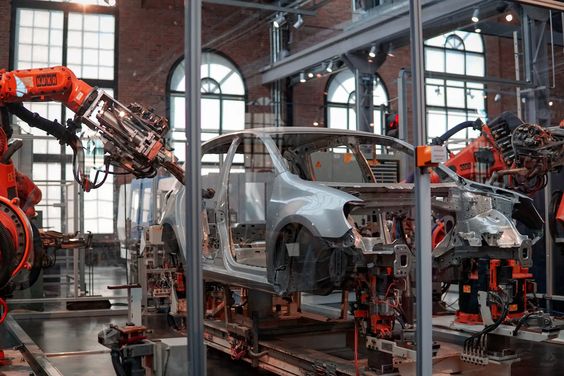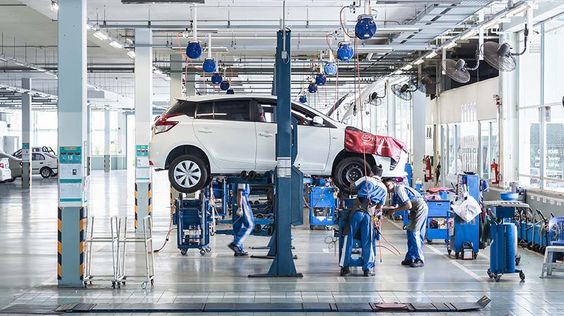The automotive sector stands at the brink of an exhilarating evolution, driven by technological advancements, shifting consumer preferences, and global environmental concerns. From electric vehicles (EVs) to autonomous driving and connected cars, the industry is undergoing a rapid transformation that promises to reshape the way we perceive transportation. This acceleration in growth is not only revolutionizing the vehicles themselves but also the entire ecosystem surrounding them, including infrastructure, manufacturing processes, and business models.
One of the most striking facets of this evolution is the rise of electric vehicles (EVs) as viable alternatives to traditional combustion engine cars. With concerns over climate change and air pollution reaching a crescendo, governments and consumers alike are increasingly turning to EVs as a cleaner and more sustainable option. Technological advancements in battery technology, coupled with decreasing costs, have made EVs more accessible to the mass market. Companies like Tesla, with its innovative approach to design and performance, have played a pivotal role in driving this shift towards electrification.
Furthermore, the advent of autonomous driving technology has the potential to revolutionize not only how we drive but also how we perceive mobility. Companies such as Waymo, Uber, and traditional automakers are investing heavily in developing self-driving technology, with the promise of safer roads, reduced congestion, and increased accessibility for those unable to drive. While regulatory hurdles and societal acceptance remain significant challenges, the pace of progress in this field is undeniably rapid, with real-world testing already underway in several cities around the world.
Moreover, the concept of connected cars, enabled by the Internet of Things (IoT), is transforming vehicles into interconnected hubs of data and communication. From predictive maintenance and real-time traffic updates to in-car entertainment and personalized services, connected cars are enhancing the driving experience in unprecedented ways. This connectivity not only benefits consumers but also opens up new revenue streams for automakers through subscription-based services and data monetization.

In addition to technological advancements, the automotive sector is witnessing a paradigm shift in manufacturing processes, with the emergence of additive manufacturing (3D printing) and advanced robotics. These technologies are not only streamlining production processes but also enabling greater customization and flexibility in design. Additive manufacturing, in particular, holds the promise of reducing waste and lowering production costs, thereby making it more economically viable for small-scale manufacturers to enter the market.
Furthermore, the rise of mobility-as-a-service (MaaS) models, epitomized by ridesharing and car-sharing platforms like Uber and Zipcar, is challenging traditional notions of car ownership. Instead of owning a vehicle outright, consumers are increasingly opting for on-demand access to transportation services, driven by factors such as convenience, cost-effectiveness, and environmental concerns. This shift towards shared mobility is reshaping urban landscapes, with implications for everything from parking infrastructure to public transportation systems.
However, amidst all these exciting developments, the automotive sector also faces significant challenges and uncertainties. Concerns over data privacy and cybersecurity loom large, particularly as vehicles become increasingly interconnected and reliant on software-driven systems. Moreover, the transition to electric vehicles poses infrastructure challenges, including the need for widespread charging infrastructure and the sourcing of sustainable materials for battery production. Addressing these challenges will require collaboration between governments, industry stakeholders, and technological innovators.
Nevertheless, despite these challenges, the future of the automotive sector appears brighter than ever before. With technology driving unprecedented innovation and consumer demand shifting towards more sustainable and connected transportation solutions, the stage is set for a thrilling evolution in the years to come. From electric and autonomous vehicles to connected mobility services and sustainable manufacturing practices, the automotive industry is poised to redefine mobility for the 21st century and beyond. As we accelerate towards this future, one thing is certain: the journey ahead promises to be as exhilarating as it is transformative.

